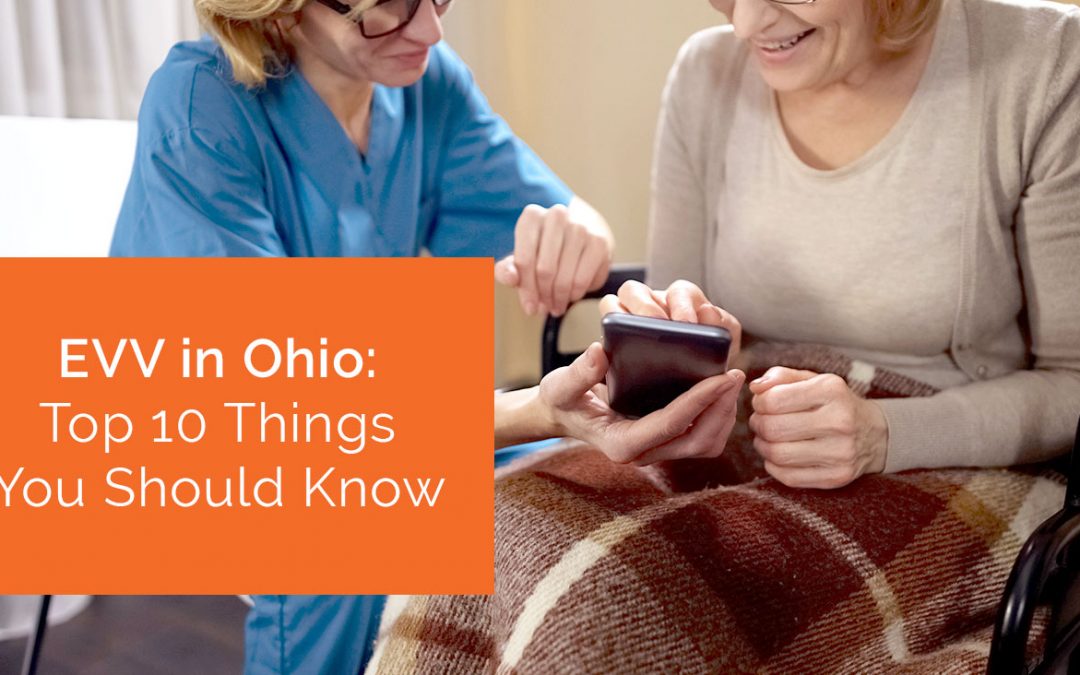If there is one thing that most everyone can agree upon when it comes to talking about millennials, it’s that this generation is the generation of change. They are unlike any previous generation, and are influencing virtually every aspect of our lives, from how we consume media (and what we are watching) to how we work.
And the healthcare industry is not immune to the influence of the millennial generation. While a great deal of current emphasis is on baby boomers, and how their increasing medical needs are having a profound effect on how healthcare is delivered, the fact is, there are nearly 8 million more millennials (defined here as those born between 1982 and 2000) than baby boomers still living. Millennials account for a quarter of the U.S. population, and with so many people, their influence is significant.
This influence can be felt across the healthcare industry, but it’s especially prevalent in the healthcare workforce. Within the next decade, millennials are going to comprise the majority of the healthcare workforce, especially given the expected uptick in retirements among baby boomers. Home health agencies cannot afford to ignore this trend, and need to be thinking now about how they plan to attract and retain millennial employees. That begins with understanding what millennials want from their employers.
Technology Rules
No discussion of the influence of the millennial generation on the workplace would be complete without addressing the elephant in the room: Technology. This is the first generation that is 100 percent digital native, and for them, technology is a fact of life. They expect their employers to be on the cutting edge of technology, providing digital tools to help make their jobs easier and more efficient. They are also on the leading edge of finding ways to incorporate technology into company products and services. Expect your millennial workers to demand — and be comfortable working with — home healthcare software that includes online portals, instant communication, digital records, and self-serve options, which will help them provide the best service to clients.
Positive, Supportive Work Environment
Millennials bring an innate sense of fairness and teamwork to their jobs. They work best in teams, which some healthcare systems and facilities have put to use by implementing the inherently team-based Six Sigma or LEAN methodologies. Millennials may get a bad rap for having a poor work ethic, but the fact is, they are very hard working as long as they are passionate about the work and feel like they have a voice and a chance to make a difference. They want to climb the ladder, and respond to opportunities for growth and advancement.
Let’s Get Social
Millennials are a very socially connected generation (again, digital natives) and social media is going to play an increasingly significant role in healthcare going forward.
While the fast-changing world of social media makes it impossible to tell what it will look like in five or 10 years, with today’s technology, social media is a vital tool for creating connections.
Healthcare businesses are using social media to recruit employees, telling stories and sharing their brand rather than posting generic job listings. Social media is creating connections between agencies and hospitals and those they serve as well; hospitals, for instance, are sharing content on YouTube, Instagram, and Pinterest to help educate and inspire individuals.
Social media is also becoming a part of internal communications strategies as well. One hospital has even gone so far as to create an internal “social media style” system in which employees can send each other virtual thank you’s by clicking a single button on a profile, much like a “Like” on social media. It’s quick, easy, and gives staff a chance to give each other recognition.
Bottom line? Your agency cannot afford to ignore social media.
Work-Life Balance
Last, but certainly not least, millennials are highly focused on work-life balance. They are willing to work hard and meet expectations (which must be clearly outlined) but they also want flexibility.
Don’t expect millennials to stick around for long, either. Job-hopping has become the norm among millennials, with most spending two to three years at most with a single job or company. That being said, some companies, accepting this trend, have actually developed programs to maintain ties with those employees who have left, and actively recruit them down the road. In many cases, millennials leave jobs due to a desire to advance or simply learn new skills, and it’s usually difficult or impossible to stop them.
These are just a few of the ways that millennials are changing the healthcare workforce, but they are significant. Agencies that want to remain competitive and attract the best talent need to understand millennial priorities and find ways to meet their needs, or risk having staffing issues going forward.
To learn more about software solutions that can help you remain on the cutting edge of healthcare technology, find out more about Complia Health’s wide range of home healthcare services.




